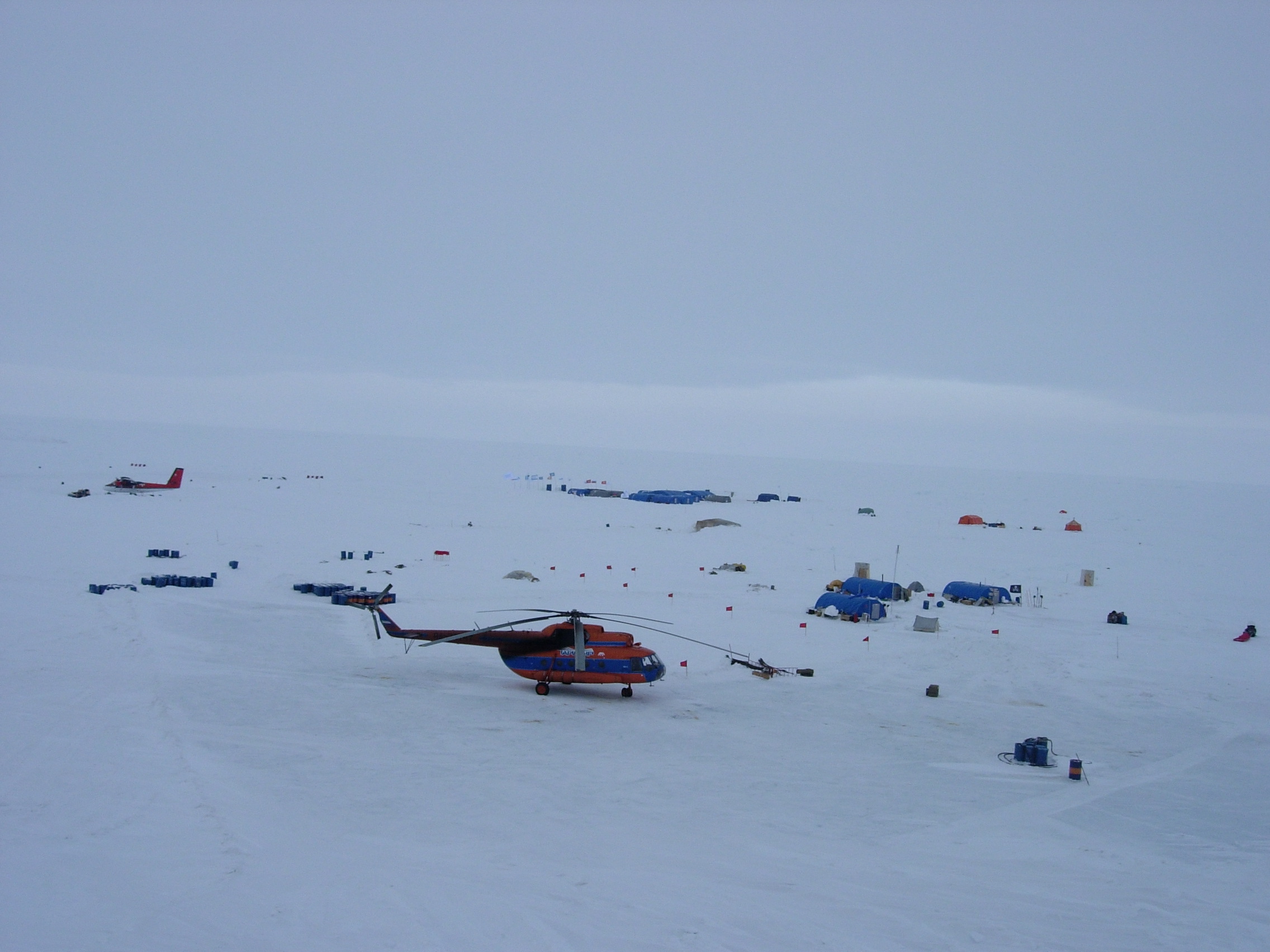As Arctic ice thins, Russian researchers plan a drifting research platform instead

The Arctic ice is melting and Russia’s long tradition of deploying research stations on drifting ice floes is quickly coming to an end. The thinner Arctic ice increases the risks of cracks and consequent accidents and loss of equipment
The researchers now aim for the development of an ice-class drifting platform for Arctic research. The platform, which will be named North Pole, is to be used by the State Hydrometeorology Service for Arctic studies and ice measurements.
The project is one of the projects highlighted in the new Arctic Development Program adopted by the federal government in late August this year. A total of seven billion rubles (€102 million) are earmarked the project.
The platform is to help researchers study the Arctic seabed, the atmosphere and the environment.
It will also be used by the Russian Armed Forces, newspaper Kommersant reports.
The installation will be made in a way which enables it to operate in the area without the involvement of icebreakers. It will be equipped with a fuel-friendly engine which will allow it operate autonomously in the area for up to three or four years at a time, the newspaper informs.
The Admiralty Yard in St. Petersburg is reportedly bidding for the construction contract.
Russia has since 1937 regularly established Arctic stations on drifting ice. The first station — the Severny Polyus-1 — was headed by famous Soviet explorer Ivan Papanin. It was launched about 20 kilometers from the North Pole and lasted from May 21, 1937 to Feb. 17, 1938. It was followed by a second station in 1950, then headed by Mikhail Somov.
Several of the stations drifted for more than three years.
The last expedition of the kind, the Severny Polyus-41, was held in 2015 and lasted less than five months.
Russia has also supported the Barneo, a private and temporary ice base, established annually since 2002.